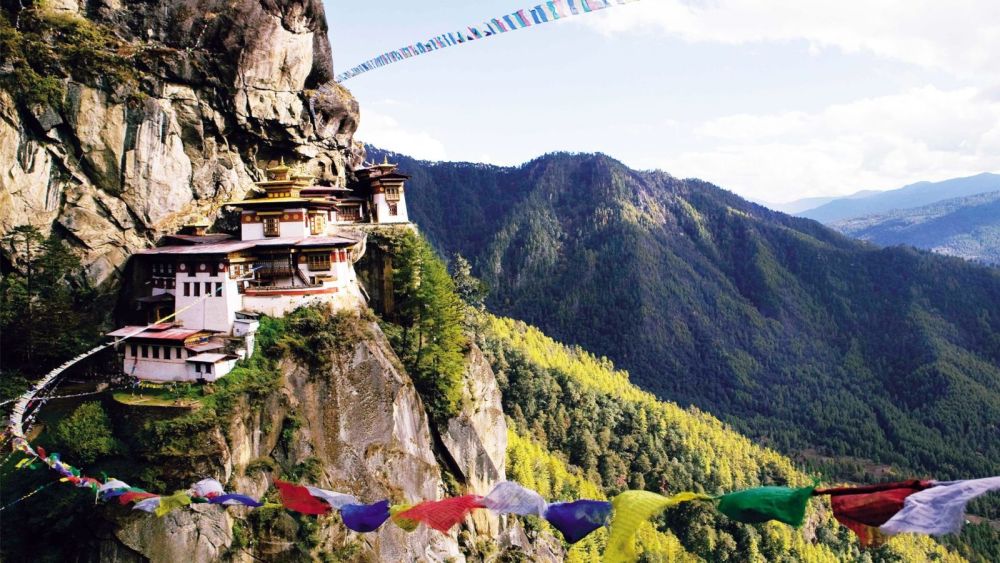

Nestled in the Eastern Himalayas, Sikkim is a state in India known for its lush landscapes, diverse flora and fauna, and rich cultural tapestry. Historically, this region was a monarchy managed by Chogyals (Kings) until it merged with India in 1975. Sikkim's intricately woven history, mythology, and the allure of its natural beauty make it a fascinating destination for travelers from around the globe.
Tourism in Sikkim has evolved tremendously over the decades. Post-annexing to the Republic of India, Sikkim initially adopted a conservative approach to tourism considering its sensitive border location and ecological fragility. The state government opened its doors slowly to the outside world, managing the flow of tourists to preserve Sikkim's pristine environment and unique culture.
The 1980s and Sikkim's Strategic Opening
It wasn't until the 1980s that Sikkim cautiously began to promote tourism. They recognized the potential of this sector as a means to boost the local economy and share their heritage with the world. Efforts were made to develop infrastructure, including roads, hotels, and other tourist facilities, all while instituting regulations to safeguard their ecosystem.
As word of Sikkim's raw beauty and cultural wealth spread, attractions like the serene Changu Lake, mystic Rumtek Monastery, and the vibrant capital city, Gangtok, began luring visitors. The crowning jewel, however, is the majestic Kanchenjunga, the world's third-highest mountain, which is both a symbol of spiritual sanctity and an adventurer's paradise.
The state's tourism sector saw steady growth as successive government initiatives promoted Sikkim as a destination for peace, adventure, and spiritual enlightenment. The introduction of the Kanchenjunga National Park into the UNESCO World Heritage Sites list further boosted the region's profile on the international stage.
A cornerstone of Sikkim's tourism strategy has been the emphasis on ecotourism and sustainable practices. The state has made significant strides in conservation and community involvement in tourism. From being the first 'Organic State' in India to winning awards for cleanliness and sustainable development, Sikkim has set an example in balancing ecological sensitivity with tourism.
Today, Sikkim is witnessing a surge in boutique travel experiences. Tourists are seeking more authentic experiences that include homestays with local families, participation in traditional festivities, and treks through less traversed paths leading to unspoiled natural marvels. The government continues to foster responsible tourism by limiting the number of visitors in sensitive areas and promoting activities that engage and benefit the local communities.
As the world emerges from the global travel restrictions imposed by the COVID-19 pandemic, Sikkim remains a bastion for those seeking solitude amidst nature and a deep dive into an undiluted cultural experience. It continues to embrace modernity while maintaining a fierce guard over its environmental treasures and cultural ethos, ensuring that Sikkim remains a timeless sanctuary for travelers.